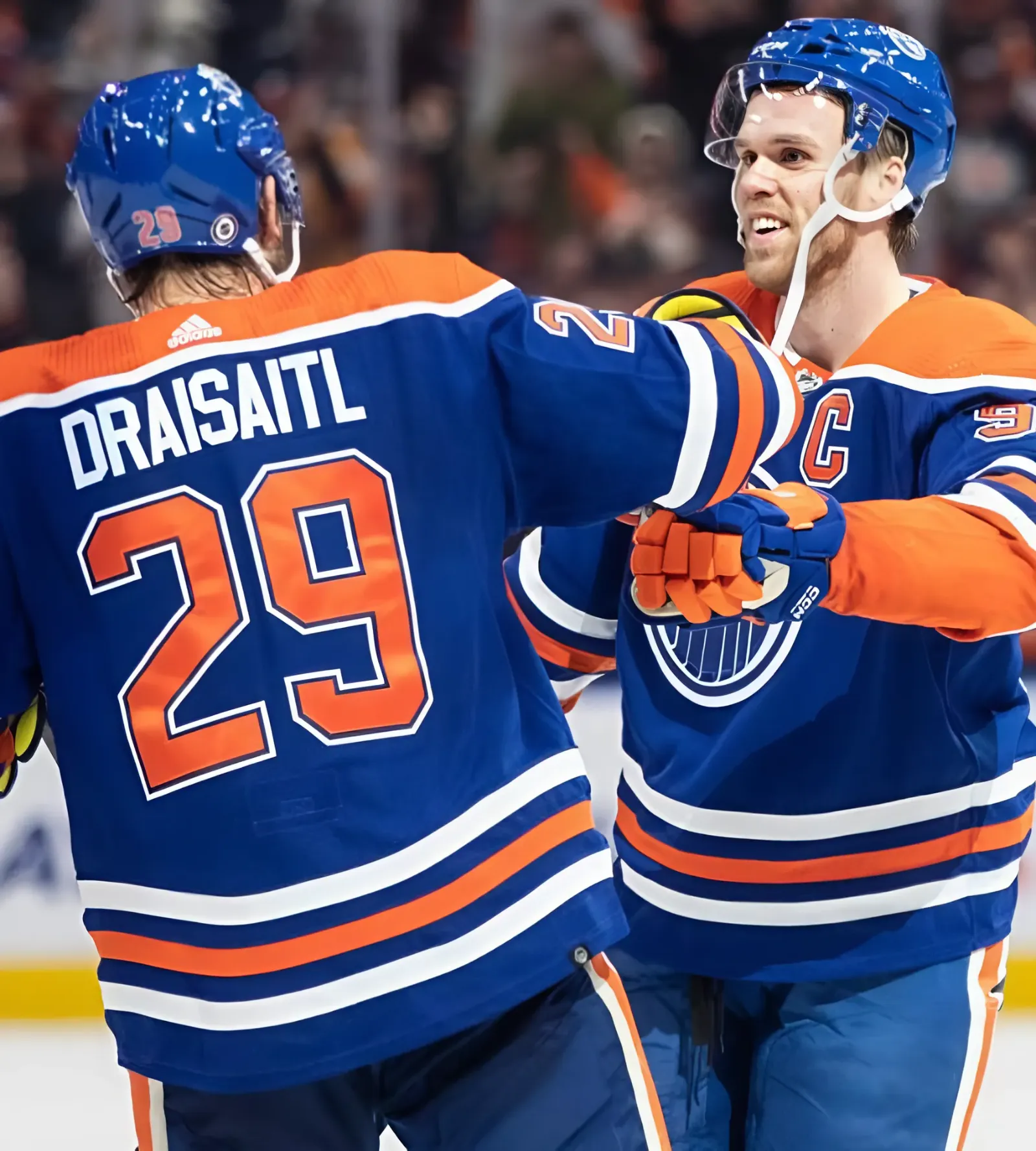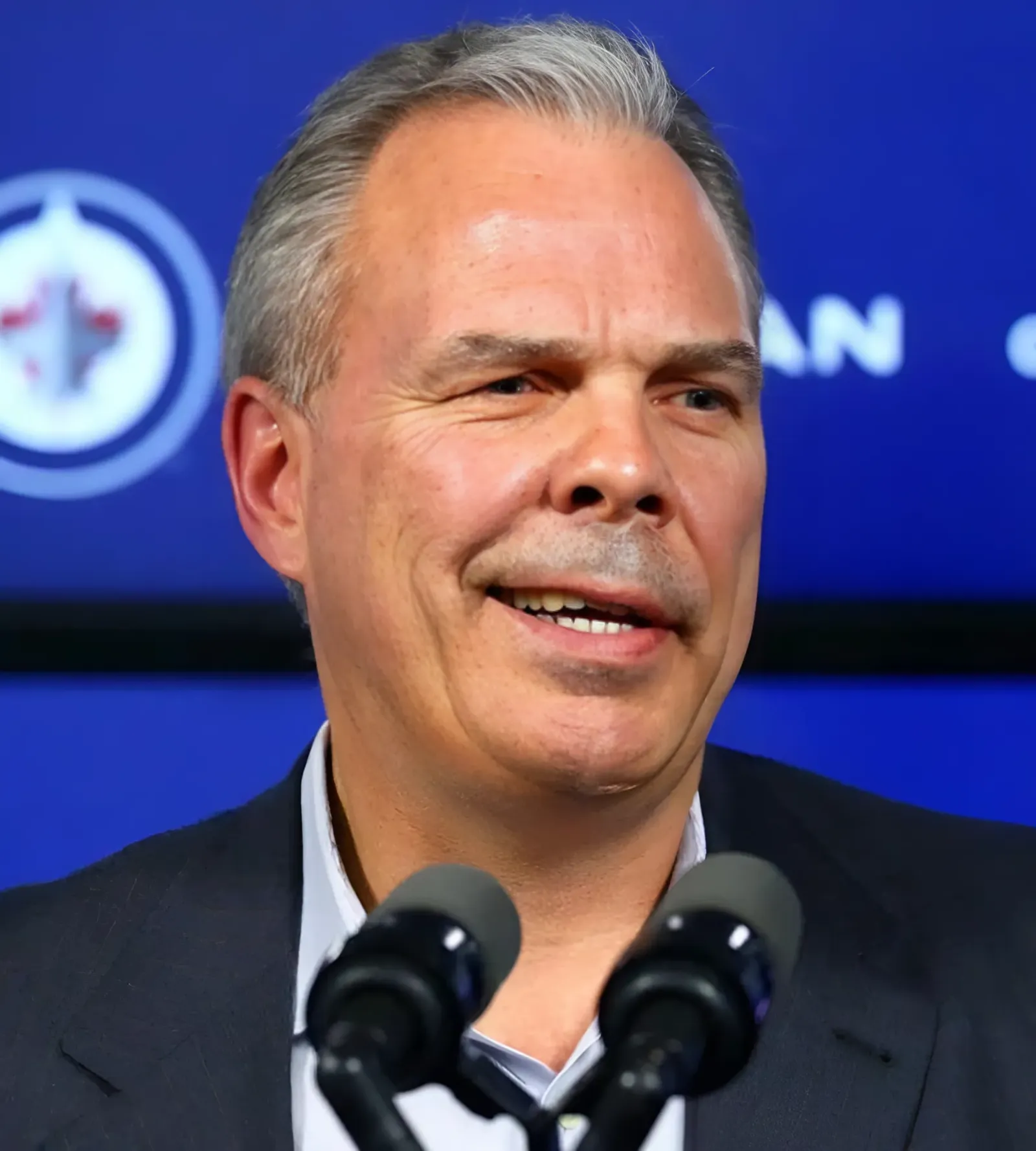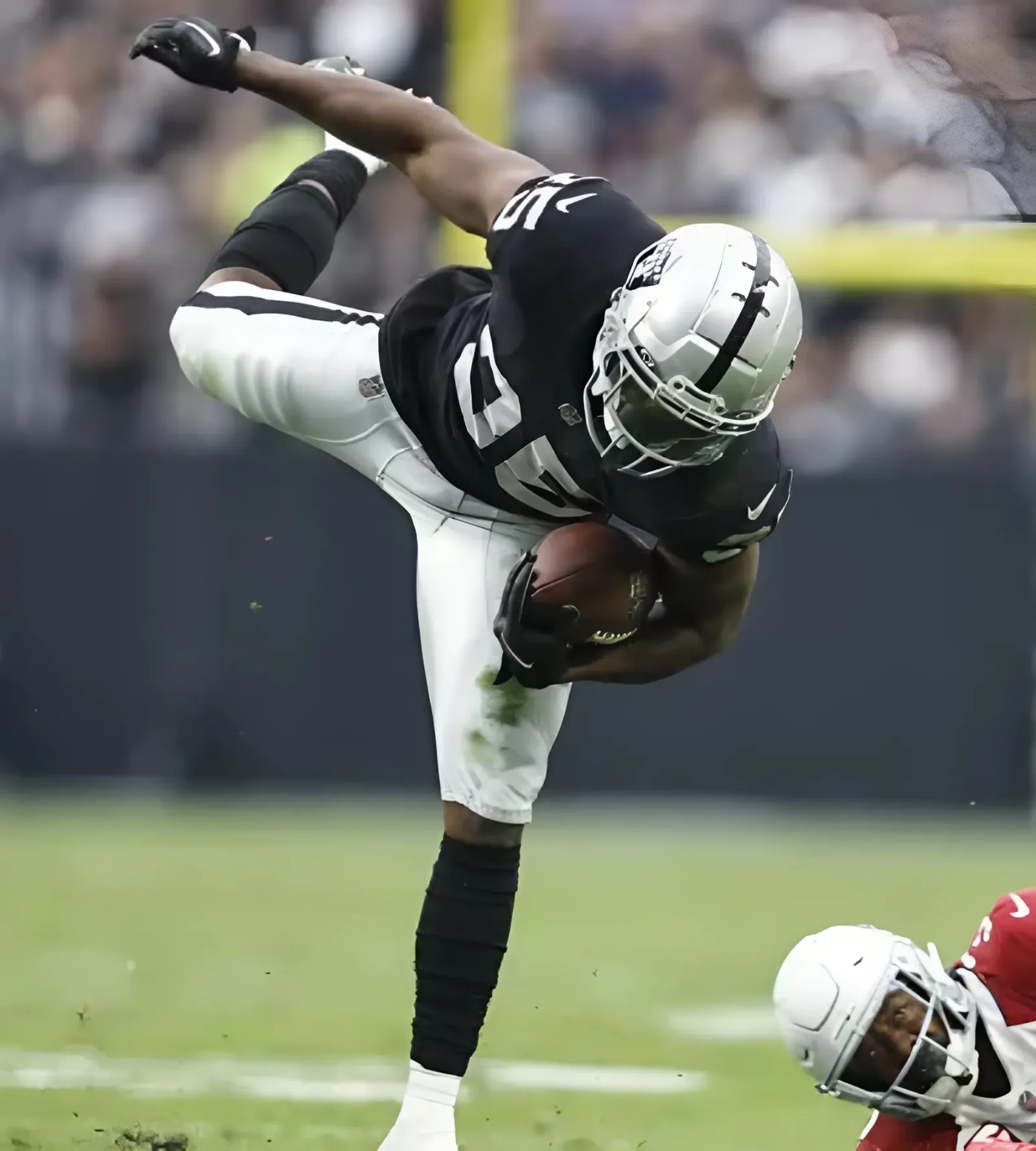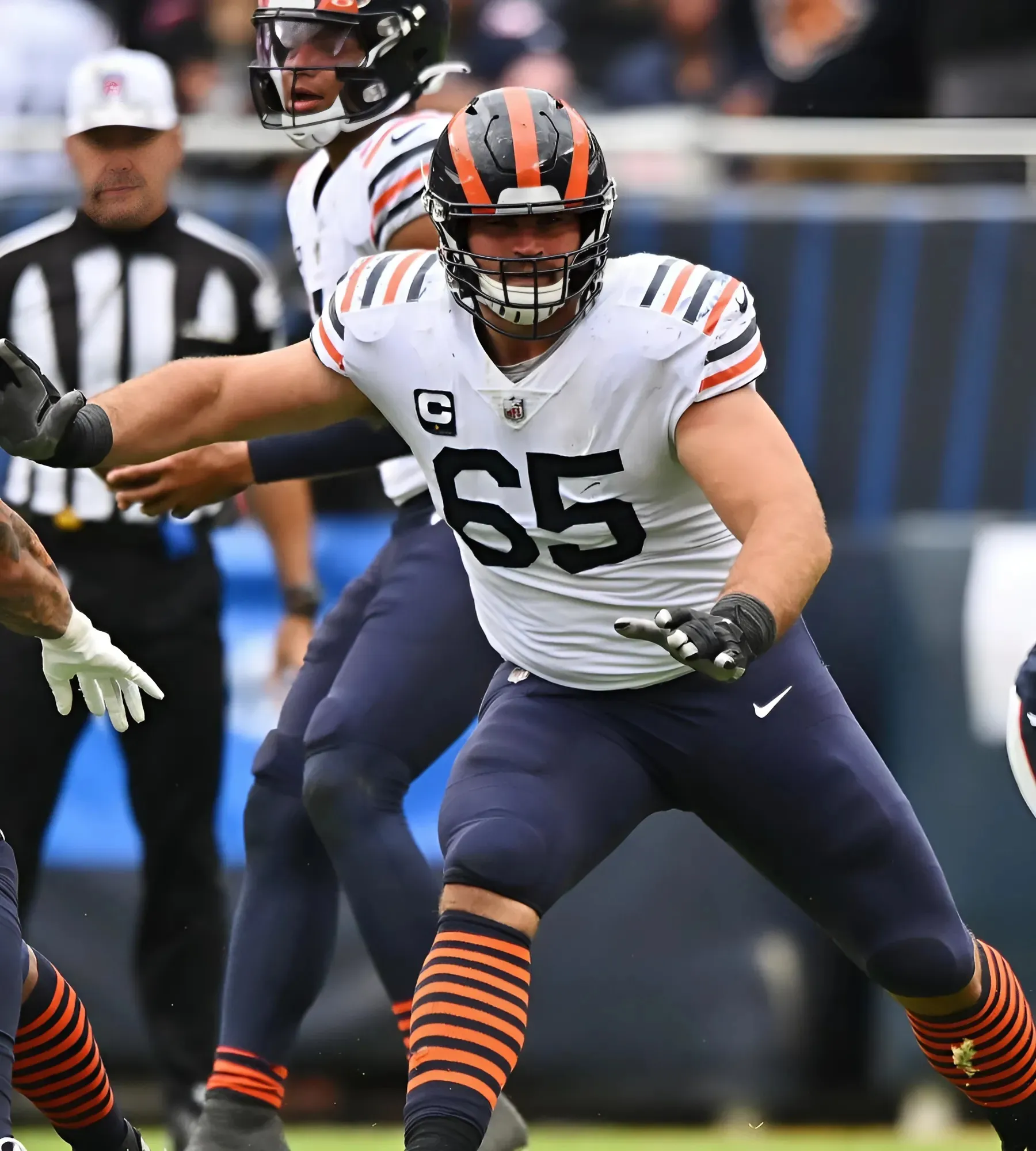The Toronto Maple Leafs are expected to make every effort to re-sign Mitch Marner, but negotiations could become complicated if his camp pushes for a higher annual average value (AAV) than Auston Matthews’ $13.2 million. With the Leafs seemingly adhering to an internal salary cap tied to Matthews’ new deal, Marner’s next contract could test the team’s financial flexibility.

According to TSN’s Pierre LeBrun, the key issue stems from differing approaches to player valuation. While the Leafs may prefer to keep Marner’s contract under Matthews’ AAV, agents often focus on a player’s cap percentage rather than a fixed dollar amount. With the NHL salary cap projected to rise in the coming seasons, Marner’s representatives could argue that his next deal should reflect that increase, potentially pushing his asking price above Matthews’.
In other words, if Matthews is making 15% of the $88 million salary cap today, Marner could technically make 14.5% of a $92 million salary cap and pull in more per season.
It’s not hard to imagine teams offering $14 million to Marner on the open market either. That lends itself to the belief that the forward will only be willing to go so low.
This Is a Tough Spot For the Maple Leafs to Be In With Marner
This presents a difficult decision for Toronto. On one hand, Marner is one of their most important players, a consistent offensive force who has proven critical to the team’s success. On the other hand, paying him above Matthews could disrupt the Leafs’ salary structure and complicate future signings.
The hope in Toronto has to be that Marner is prioritizing staying a Maple Leaf and has shared that feeling with his agent.
These negotiations will test how the Maple Leafs feel about Marner and where he ranks in their order of elite stars. He’s proving with every game he plays without Auston Matthews that he’s worth every penny his agent might ask for. Still, the Maple Leafs have to draw a line somewhere.
With the NHL’s rising cap and Marner’s value trending upward, the Leafs must figure out how to reward their star winger and keep him happy, while not ignoring their long-term cap health.
This article first appeared on NHL Trade Talk and was syndicated with permission.



